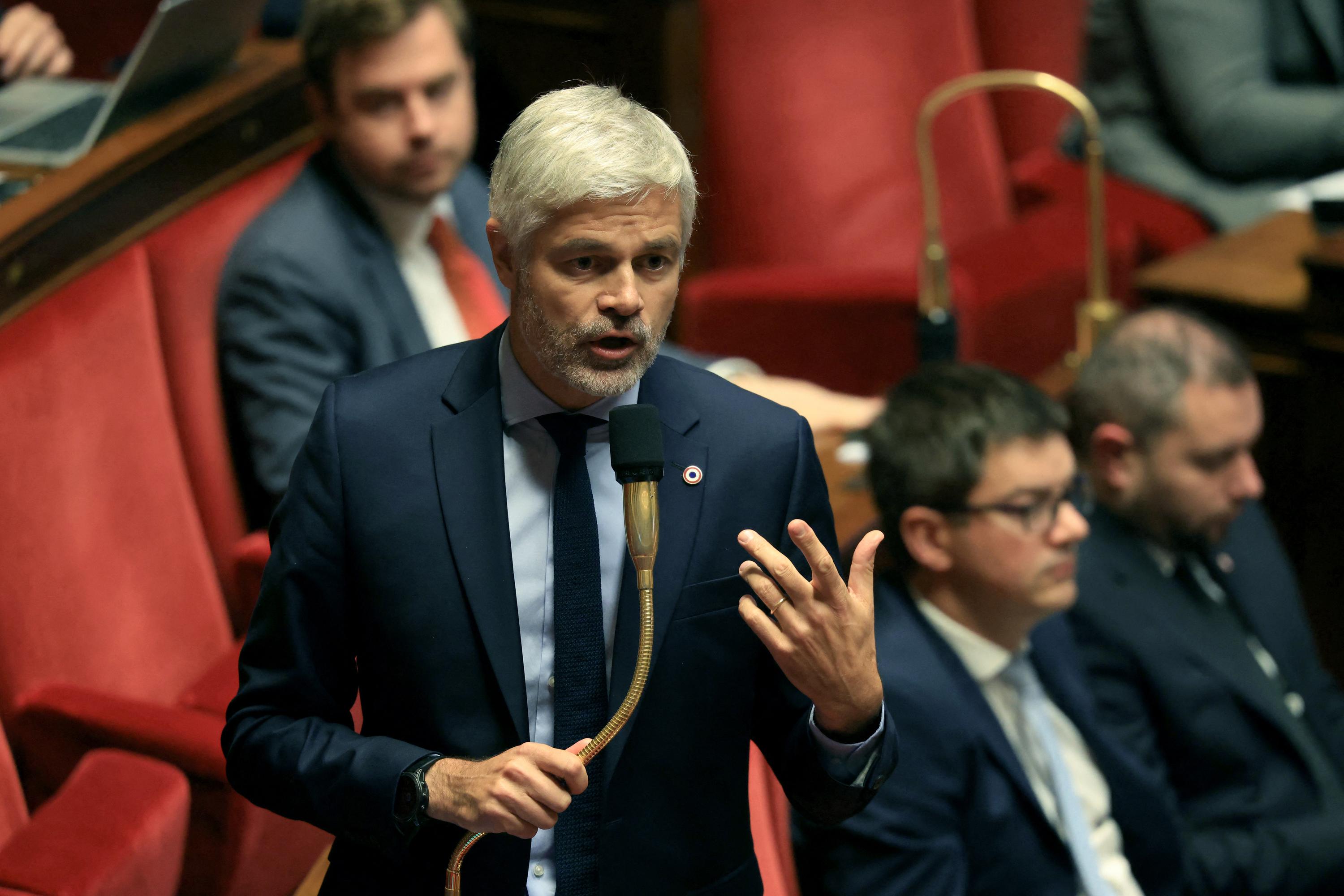147° - Housse de Couette Today - 220 x 240cm, 100% Coton, Dune
13€ - Amazon

Taille 220X240 cm
Couleur Dune
Type de tissu 100% Coton
Marque TODAY

Taille 220X240 cm
Couleur Dune
Type de tissu 100% Coton
Marque TODAY










© RAFAEL YAGHOBZADEH POUR « LE MONDE »

© « LE MONDE »

© Sylvie Serprix
© REUTERS

© Dave Winter / Icon Sport

© Sarah Meyssonnier / REUTERS

© ALAIN JOCARD / AFP